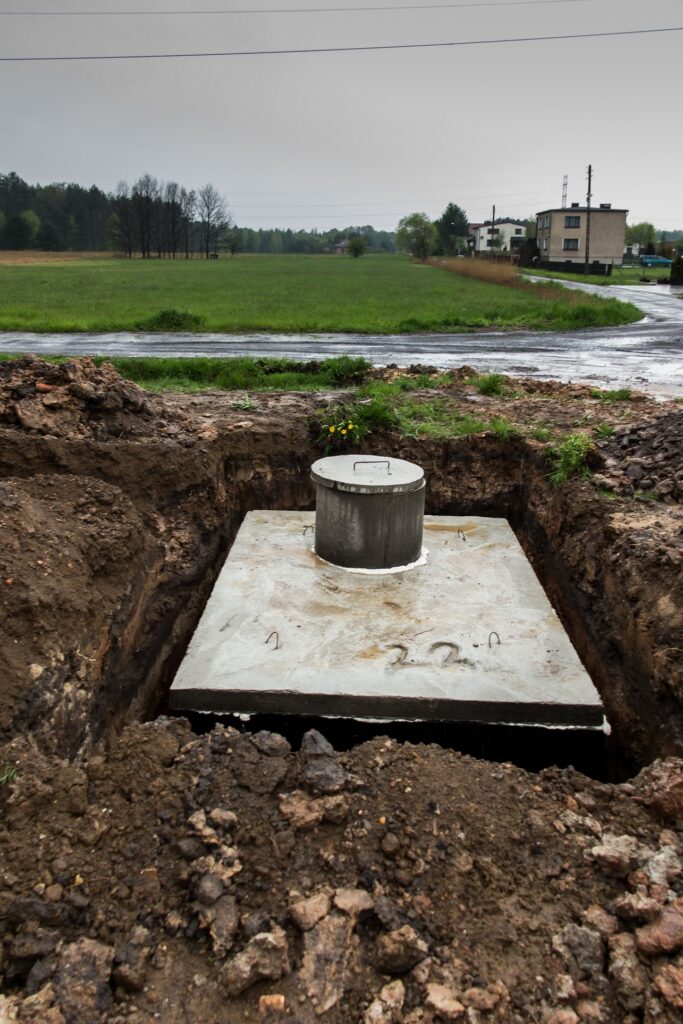Water and Waste Systems
Water and Waste Systems
Drinking Water
Public Water Supply
Click here for links with information about statewide public water systems that serve the Benton County community.
Learn about how the state manages surface water, groundwater, and water rights responsibly, with an Integrated Water Resource Strategy
DWS shares data on public water systems in Oregon. You can find data such as coliform testing, chemical testing, contacts, violations, enforcements, public notices, and basic system information.
Oregon Drinking Water Services (DWS) administers and enforces drinking water quality standards for public water systems in the state of Oregon.
Groundwater
Click here for links with information about groundwater, how we use it, and how its protection impacts drinking water safety.
Find out more about OSU’s Well Water Program, designed to help Oregonians protect the groundwater that supplies their drinking water through education.
Read about how Oregon’s Groundwater and Wells program keeps track of the health of groundwater systems and crafts policy to protect it.
Learn how DEQ keeps waters safe for a multitude of beneficial uses such as drinking water, fish habitat, recreation and irrigation.
Private Domestic Drinking Water Systems
Click here for links to information about how to test and protect your own private drinking water, if you have a well.
Information pertaining existing private wells are kept with the State Water Resources Department. Look it up here, or contact the Water Resources Department, Salem Office: 503-986-0900.
Search for an accredited lab to test your well water.
Read about how state programs work to protect lifelong health and groundwater resources by assessing and managing risks associated with private wells.
Water supply requirements for new construction can be found in more detail at Community Development.
Sewage Disposal

The on-site sewage disposal program is designed to provide guidance and approval for sewage treatment and disposal for homes and businesses not served by a community sewer system. Our goal is to protect ground and surface water from sewage contamination and to protect the health of the population by properly treating and disposing of human waste.
If you already have a septic system, or are moving into a location that uses one, click here for some useful reading.
New Lot Developments
Construction permitting can be complicated, and having to build onsite sewage disposal can make it feel especially difficult. We are here to help! If you have any questions about the following, please don’t hesitate to reach out to us at 541-766-6841.
Septic Installation
A Simplified Process List
- Obtain a site feasibility application packet
- Secure an installer
- Complete and return your site feasibility application to Benton County Community Development
- Dig test holes
- Notify Environmental Health that your test holes are ready
- In winter months, make an appointment with Environmental Health to look at test holes
- Site approval issued by Environmental Health
- Obtain (another) permit application packet
- Complete and return the permit application to Benton County Environmental Health
- Installation permit issued by Environmental Health
- Give the Installer’s Packet to your installer
- System installed
- Pre-cover inspection by Environmental Health completed
- System covered and soil graded
- Certificate of satisfactory completion issued by Environmental Health office
Congratulations!
You may now flush the toilet.
Permitting Information and Documents
Site Approval
Before you can begin building your structures, an approved area for both an initial and a replacement septic system will need to be identified on your parcel. The site approval will detail the type of system required for your parcel, its location, known setbacks to the system, and requirements that you will have to meet before a permit can be issued to install the system.
You fill out an on-site sewage disposal system application packet, making sure to fill out all information required for a site feasibility study. An incomplete application will delay the process.
Click here to download application materials.
Line Up an Installer
If you haven’t done so already, we recommend that you secure the services of a licensed septic system installer. The sooner you start working with the installer, the better. Your plans may be delayed if you wait until the last minute.
Click here for a list of local licensed installers and consultants.
Please note that this is not an endorsement or recommendation of any of these installers.
Installation Permit
When you are ready to begin installation of the system, you must apply for an installation permit. You’ll need to use an additional application packet. The installation permit must be issued prior to beginning construction of the system. The permit is specific for your parcel and your building proposal.
Click here to download the application packet, and the packet your installer will need to have on-site during construction.
Certificate of Satisfactory Completion
This certificate will be issued only after all of the permit requirements have been met. This is your OK to start using your system.
